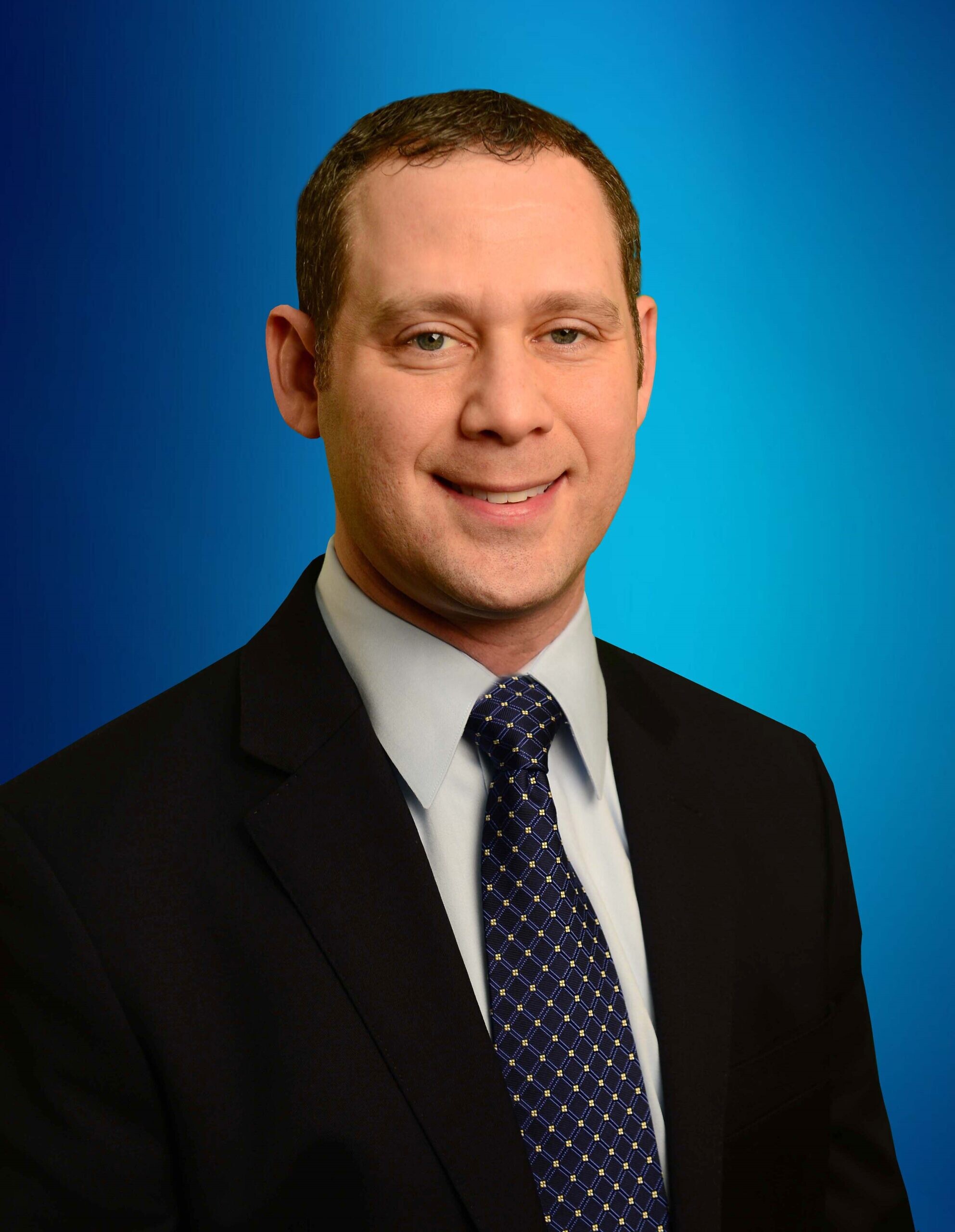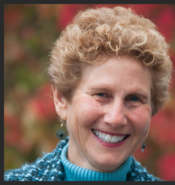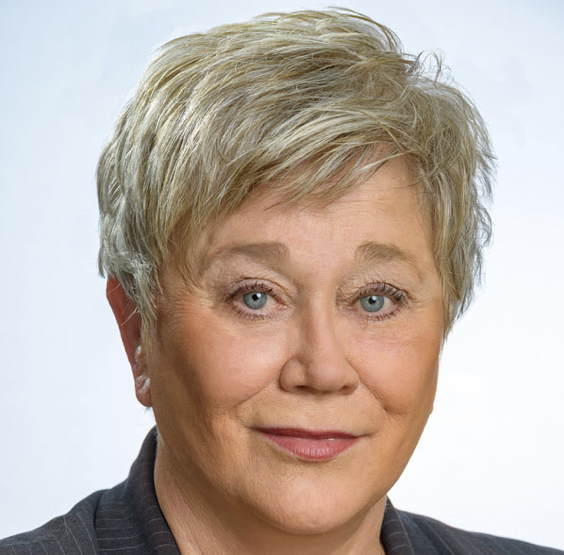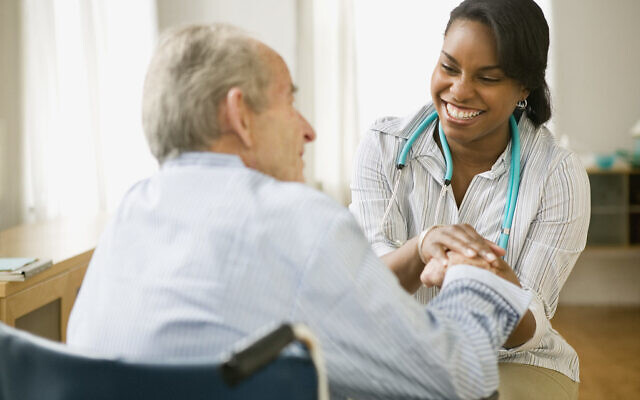Home Care Offers Option for Senior Living During COVID-19
Some families are choosing home care for their loved ones during the pandemic.
For many families, how to care for older relatives has become a major focus of their COVID-19 pandemic discourse. With nursing and assisted living homes hit hard by the virus, people are wondering what the best choice is to keep their older relatives safe. “We’re seeing a lot of situations where families are trying to decide what to do with their loved one when home care may not be their first option,” said Daniel Levy, owner of Advantage Private Home Care. He added that knowing you’re able to control the environment your loved one is in is more important than ever.
Doctors are now recommending that people who may otherwise have gone to care facilities should stay home instead, Levy said. There was one scenario where a client had a hip replacement done, and instead of going to a rehab facility, her doctor recommended she stay home.
Some people have taken loved ones out of their senior living facility for a few weeks because of the pandemic: “That’s where home care has really stepped up, because we can be a temporary solution or a permanent one,” Levy said.
Understanding families’ concerns, Levy said the industry has had a huge focus on keeping employees and clients safe. “Of course we’re following all the CDC regulations,” he said. Those protocols include temperature checks and ensuring employees have the right personal protective equipment. Advantage also checks in with families to make sure their staff will be in a safe environment.

Nancy Kriseman, who runs a geriatric consulting service, said there are pros and cons to both at home care and senior living facilities. Despite the COVID-19 pandemic, there are many factors to consider when choosing housing, such as dementia, Kriseman said. If your relative has dementia, you may not be able to check in with them and will need to rely on the caregivers, she said. “It can be a little confusing and also difficult for families to manage.” She pointed out that if somebody needs 24/7 at-home care, they would have multiple caregivers coming to the home.
“The issue with the COVID situation, for people living with a family member at home, you have to hope the caregivers are taking good care of themselves,” she said. At good quality assisted living facilities, she said there is more oversight for COVID-19 protocols in place.
When choosing either assisted living facilities or at home care, Kriseman helps clients find high-quality companies. “What I usually recommend for families that are keeping somebody at home, because that’s what they usually choose to do, you get an agency that has care management incorporated into home care. Then you have a case manager who oversees a set amount of caregivers going into those peoples’ homes. You also want to have a home care agency that uses LPNs and RNs.” Licensed practical nurses (LPNs) have some nursing education and often a certificate, and registered nurses (RNs) have a minimum two- or three-year diploma and expanded roles.
Kriseman is not taking any new clients, but she’s gotten calls from clients that are already enrolled who are worried about family members during the pandemic. She spoke with a client yesterday who, because of virus concerns, is unable to see her mother as often. “I gave her a whole list of things she should make sure the caregiver is doing. One is taking notes every shift,” Kriseman said. “I gave her some ideas on how to work in partnership with the caregiver without actually being able to be with the caregiver.

“It’s sad that we’re finally paying attention to our elders,” she said.
Bebe Bryan is executive director of The One Group, which provides medical and non-medical home care with Jewish HomeLife. She said the largest change she’s seen because of the pandemic is that their services that used to drive clients to appointments and markets have been put on hold until the pandemic is over, as that group is sheltering in place. “We do a lot of work with the Holocaust survivor program at Jewish Family & Career Services, and I’ve just seen a big stop on all those people that use us for running errands, driving to appointments.”
She has also seen a difference in families who used to be resistant to having fewer caregivers being more flexible as they don’t want so many people in and out of the home. “We’re operating with tighter teams, if you will,” Bryan said. “We started providing our people early on with masks and gloves and all of that. We put all of that into effect much sooner than it was a requirement.” The protocol they practice in the skilled nursing facility is the same as they practice in the home, she said.

Family members are seeing their loved ones less, so caregivers have the added responsibility of attending to their clients’ emotional needs. “Our caregivers are so sweet; a lot of them are doing Facetime with their clients,” she said.
Bryan has had people reaching out to her who don’t even live in Atlanta with questions about the virus. “There’s just a lot of unknowns out there. People reach out to whoever they know in healthcare,” she said. She refers people to the Jewish HomeLife website, which has more information about CDC guidelines and other resources. “I am so happy to be affiliated with Jewish HomeLife because they are all about the care of our community. They are completely supportive. Whatever it is we need, we’ve been ahead of the curve with everything.”




comments